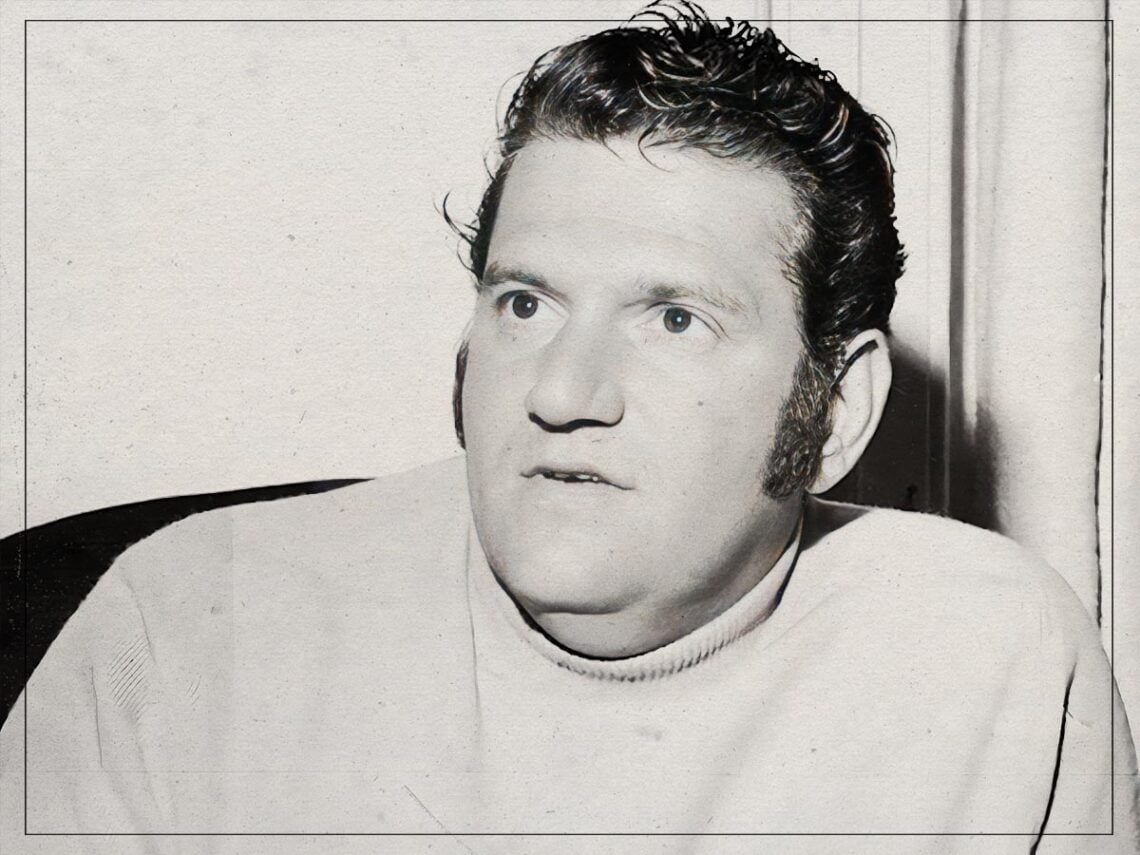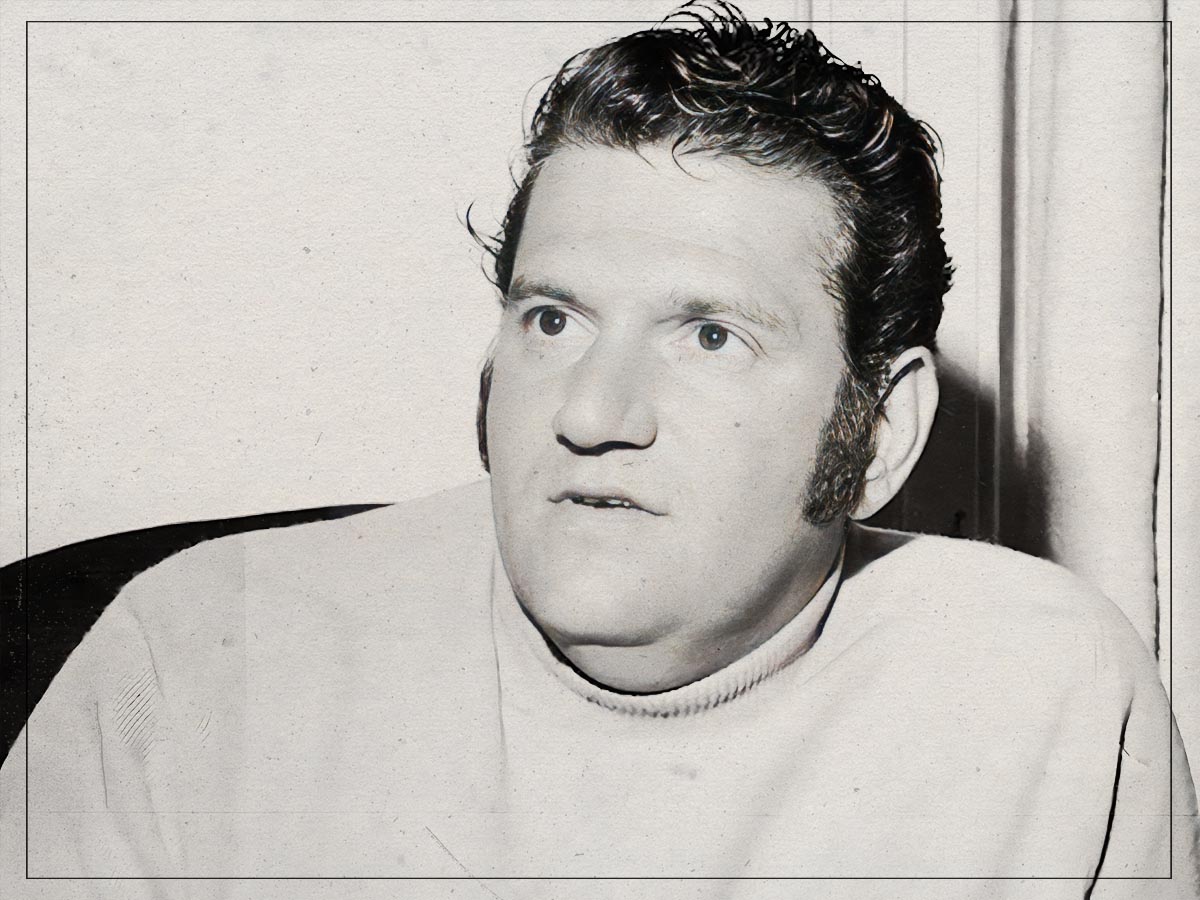
(Credits: Far Out / IMDB)
Wed 14 May 2025 21:00, UK
Dictatorships, drug raids, and concert riots, The Beatles saw it all during their rise to musical stardom, and nothing seemed to stand in their way. From humble origins as a skiffle outfit in Liverpool, the Fab Four rose to become the most powerful group on the face of the planet, altering the musical landscape forever. Ultimately, though, this unparalleled success took its toll on the group and, towards the end of their reign, they were forced to reckon with their biggest challenge yet: surviving the management style of Allen Klein.
A name that is sure to send shivers down the spines of any rock star, Klein was an infamous figure within the music industry of the 1960s. The New Jersey-born businessman first entered the industry during the late 1950s, initially setting himself up as an accountant and earning clients like Sam Cooke, Jimmy Bowen, Neil Sedaka, and Bobby Vinton, among various others. However, it was only when Klein moved into management that his infamous reputation began to form.
Klein is perhaps most notable for his management of The Rolling Stones, which began at the band’s commercial peak in 1965. The manager was initially brought on board to renegotiate the band’s contract with Decca, which proved to be very lucrative for the Stones, but much more lucrative for Klein himself. After a few years with the band, Mick Jagger grew suspicious of Klein’s management tactics and eventually entered into a lengthy period of litigation against Klein and his company, ABKCO, which retained the rights to The Rolling Stones’ discography.
Alongside The Stones, Klein also began managing The Beatles in 1969, much to the chagrin of Paul McCartney. The businessman had been brought onboard to try and save the economic nightmare that Apple Corps turned out to be, and essentially get the band’s affairs in order. Soon, though, his grip on the band’s finances bled into The Beatles’ musical output, leading to certain disagreements throughout the recording of Let It Be.
McCartney, who was the only Beatle to try to resist the hiring of Klein, resented the manager’s involvement in the recording of the album. At the time, The Beatles were already fraught with arguments and strained relationships, owing to years spent cooped up in a studio together, but Klein’s involvement seemed to signal the beginning of the end for Macca. “We made Let It Be, but because of all the fraught personal relationships, the final straw was Allen Klein coming in,” he told The Word in 2003.
“It was his decision that Let It Be wasn’t good enough and that it needed strings, needed tarting up,” McCartney recalled. “So he brought in Phil Spector. Poor old Phil, it’s not really his fault. He had to tart it up – literally, put tarts on it. And a few strings.” He explained, “So when the album came out, I liked it, but I’d had an early copy before all that happened, an acetate. And I was listening to this acetate one night and thinking, ‘Jeez, this is brave’. It was The Beatles stripped back, nothing but four guys in a room with Billy Preston.”
That stripped-down version of the album, however, was not the record that was made available to audiences. “It was almost scary, cos we’d always double-tracked, harmonised and so on. I remember being in this empty white room and getting a thrill,” McCartney shared. “It was very minimalist, and I was impressed. And then it got reorganised, re-produced for disc.”
Before too long, Klein’s involvement with the band led McCartney to announce his departure. Unhappy with this new management style along with his unwanted dictation of the band’s musical output, the songwriter left The Beatles in 1970, and began legal proceedings to formally dissolve the band’s partnership.
Related Topics
Subscribe To The Far Out Newsletter
